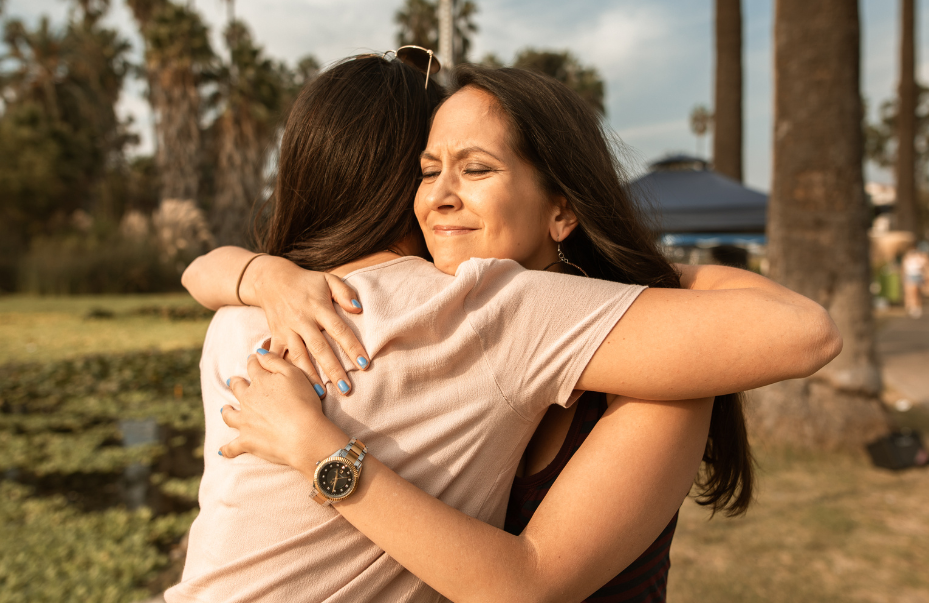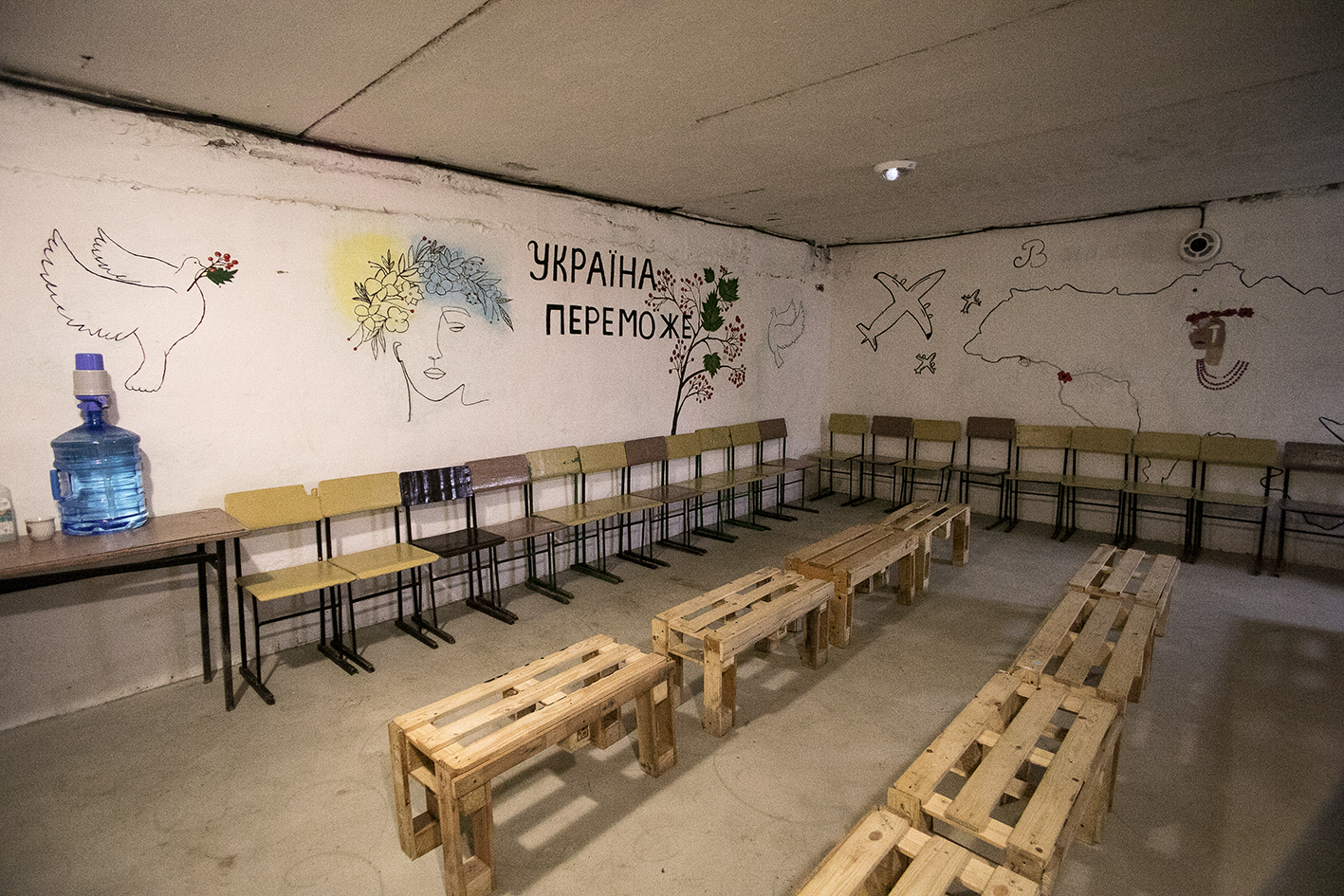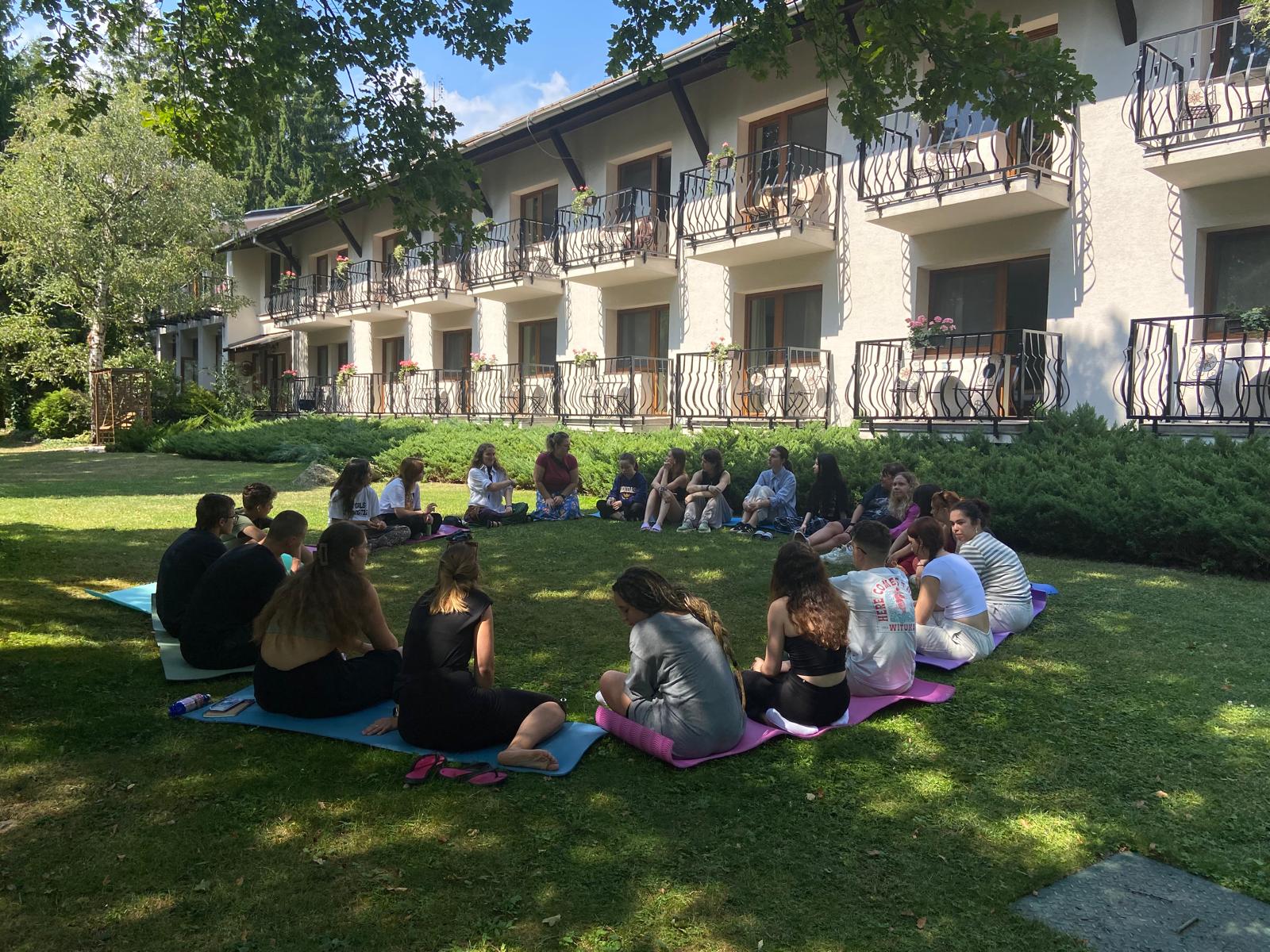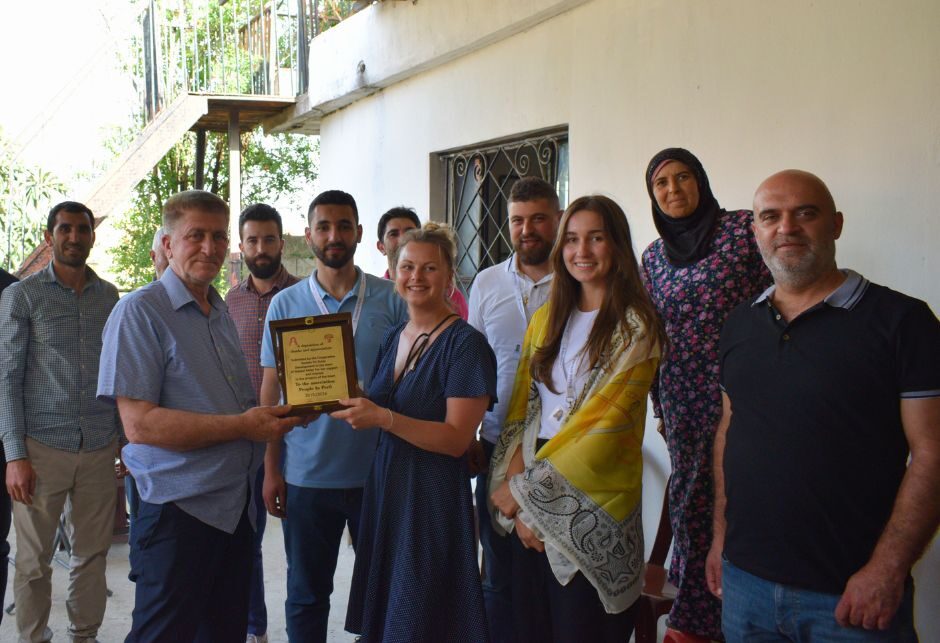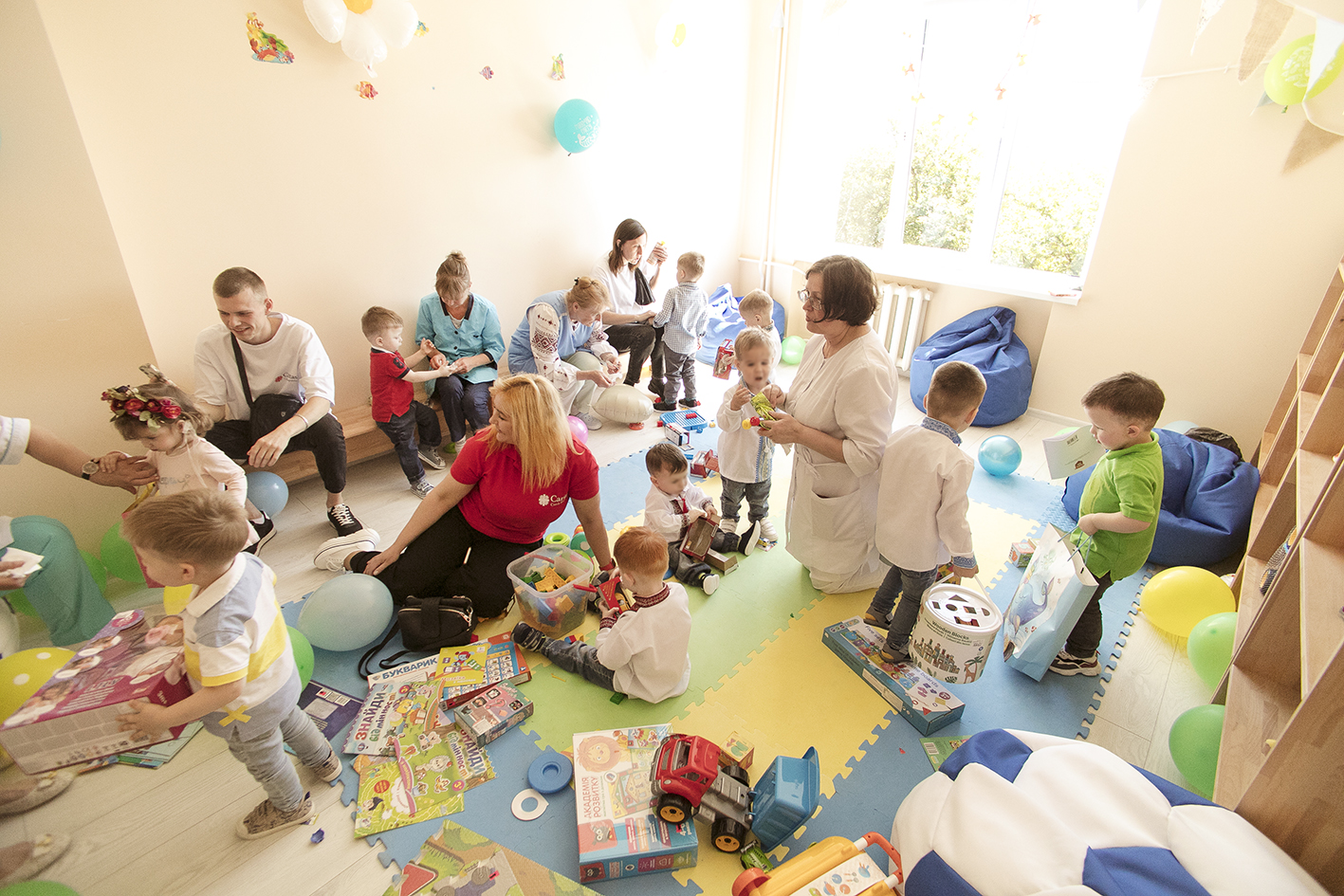In greenhouses, they not only grow crops, but also hope for a better life
In Kenya, Africa, we have a long-standing commitment to small business development, agricultural support and conservation. Our current Greenhouse project is having a positive impact on a group of approximately 300 people. As the participants say, greenhouses are not just buildings, they are lifelines that allow them to put nutritious food on the table and save money for their children’s school fees.


We are implementing the project with Sote HUB, which is a kind of business incubator that trains young people from rural Kenya and helps small and medium enterprises to grow. Because they are often marginalised and have far fewer opportunities for career advancement or business development. It is the Sote HUB that successfully launches or scales them up. It prioritises areas such as agriculture, digitalisation or smart solutions for climate and nature.
The greenhouse as a light of hope
People in Peril, in partnership with Sote HUB, is funding a Greenhouse project in Kilifi County, Kenya, whose main objective is to empower women through the development of their gardening (growing) skills. Specifically, three groups of 20 women were each given a greenhouse in which they grow tomatoes, cucumbers, lettuce, spinach, carrots and cabbage. Climate change is also having an impact on vegetable production in the country, but thanks to the greenhouse, the participants are able to ensure year-round production even if there were, for example, a lack of rainfall and a long dry season. In addition to the greenhouses, however, they also gained the necessary know-how on how to take care of the crops, as well as the basics of financing, crop insurance and links to buyers of the commodities produced.
The project aims to ensure food self-sufficiency for the 60 households involved, which will ultimately affect approximately 300 people, while creating a new source of income for the participants. Amazing, isn’t it?



Economic help and personal growth
The project was launched late last year and the requirement was to form groups of about 20 women, led by local women leaders. Why twenty members? To develop and promote teamwork, social responsibility, and effective management. Preference was given to groups that already had experience with similar projects and were credible. In the end, three were selected.
Each was required to select a suitable site for the location of the greenhouses, develop lists of responsibilities for successful cultivation, ensure constant access to water for irrigation, implement safety precautions, and maintain monthly savings through responsible financing.
For African women, the greenhouse project represents hope for tangible improvements in their living conditions. However, it aims not only at economic assistance, but also at the personal and professional development of each one of them.
Alvin Chole, Sote HUB’s Head of Programme
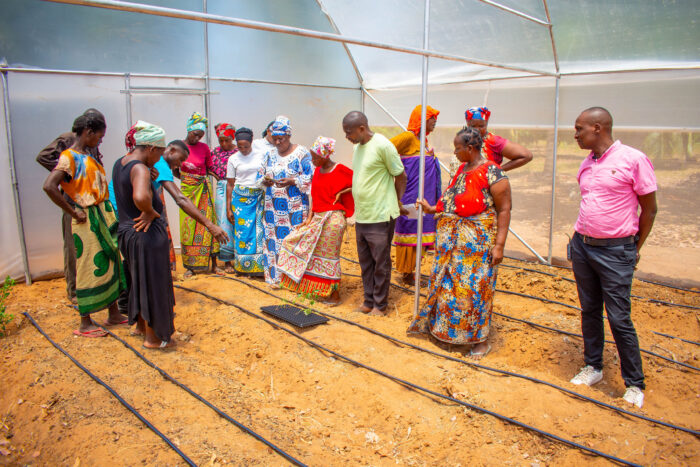


From planting to selling
The theoretical training was followed by the actual installation of greenhouses and drip irrigation kits and water tanks in the towns of Tezo, Msabaha and Malindi in Kilifi district. The complete installation of each greenhouse took approximately three to four days. This was followed by a series of comprehensive training sessions on appropriate farming practices. Through interactive sessions and hands-on demonstrations, the women were taught how to effectively manage the soil, control pests or rotate crops. By the end of April, they had further improved their skills in marketing, market management and financial management. They learned about sales methods and distribution channels.


Participants’ experiences
Maureen Ibrahim Ngala
I want to express my sincere gratitude for this project, which really had a very positive impact on our lives. The greenhouses allow us to grow a variety of crops throughout the year, providing a stable income for our families.
Mariam Mwagandi,Kaza
Previously, we struggled with unpredictable weather and limited resources. But thanks to the greenhouse, we can grow vegetables all year round. Not only will we earn more money, but we will also gain a sense of security as we will be able to rely on our greenhouse harvest. We are extremely grateful for this opportunity and thank People in Peril and Sote HUB.
Naomi Karisa.
I am glad to be part of this project. The greenhouse is really a light of hope for me. Thanks to it, I have the means to provide a living for my family. The greenhouse will not only grow vegetables for us to eat, but it will also give us the opportunity to pay for our children’s school fees and give them the education they deserve. We are very grateful for your support and for the faith you have put in us.
The impact of this project will go far beyond our group. It will reach beyond our entire community, building economic stability and growth.
Naomi Karisa
Purity Bendera
This project is a game changer for me and my community. Thanks to it, my fellow group members and I have the opportunity to provide for our families in ways we never thought possible. These greenhouses are not just buildings, they are lifelines that allow us to put nutritious food on the table, pay for our children’s school fees, and ensure a better future for generations to come. With each harvest, we will see the fruits of our labour blossom, both literally and figuratively. For we are not just growing crops, we are growing hope, opportunity and resilience. I want to express my deep gratitude to People in Peril for their generosity and support. Your faith in us and your commitment to strengthening communities like ours is amazing.
Merci Khabibi Thoya
Thanks to the greenhouse, we grow more food to feed our families. This means we no longer have to worry about hunger. We can also sell some of the vegetables and earn extra money to pay for our children’s school and other expenses. I want to thank People in Peril for helping us to improve our lives and provide a better future for our families.



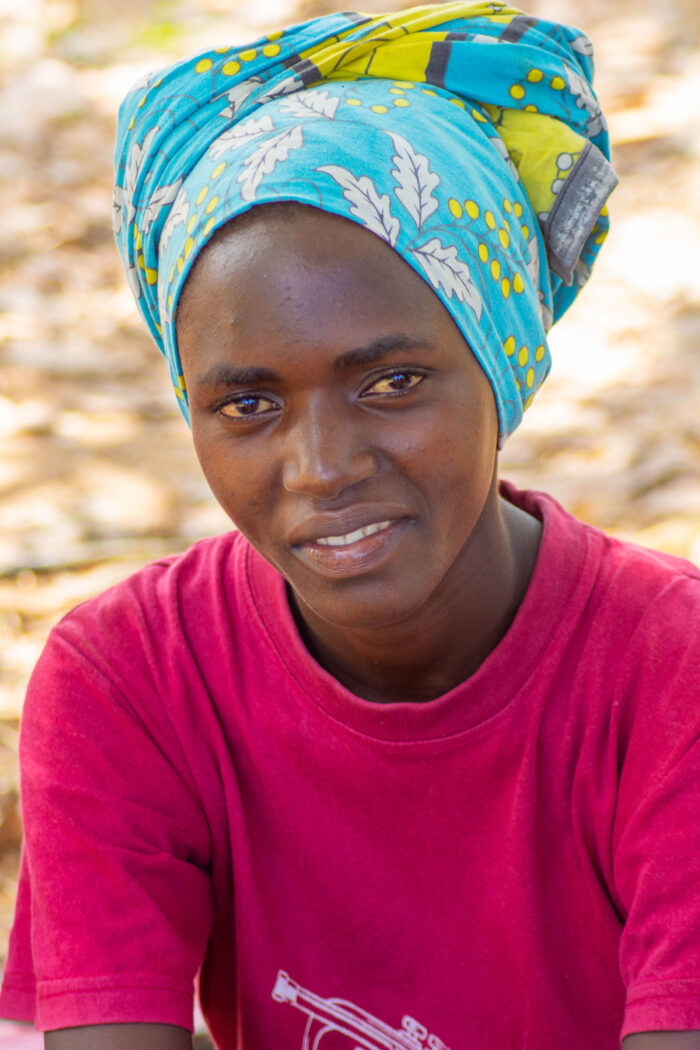

What is next?
The greenhouses are standing, the participants have been trained and are now putting their new skills and knowledge into practice. They are preparing the soil, planting seeds, treating seedlings and moving them into the greenhouses. They are expected to start harvesting their first crop in the coming months.
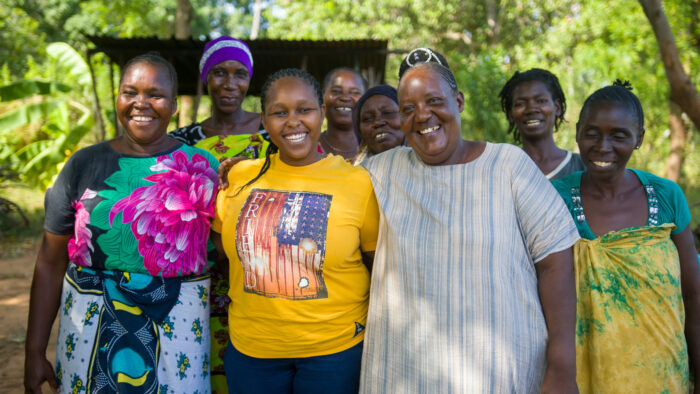
It is also thanks to you and the purchase of Real gift that we are able to support such meaningful projects. We will continue to support similar initiatives to adapt to climate change and improve the conditions of vulnerable women. Thank you.

